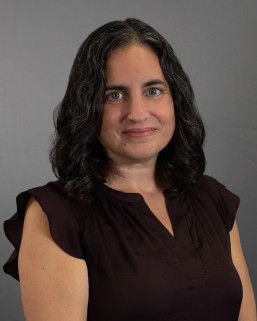Shelby County to Stop Billing, Waive Debt for Families of Juvenile Detainees in Memphis
In the juvenile justice world, scrutiny of fee collection has been mounting, said Jessica Feierman of the national Juvenile Law Center in Philadelphia, where the court stopped charging parents for the cost of their child's incarceration in 2017.
Amid conducting a national survey of fees charged juveniles, Feierman received reports of families making decisions about paying for groceries or paying their juvenile court fees, she said.
"There are real, serious economic consequences for families that are already in poverty," Feierman said of fines and fees charged juveniles.
But while significant economic and emotional stress is placed on families, Feierman said research shows court-imposed costs don't necessarily translate to revenue for local government.
"The courthouses don’t always collect that much realistically. So what may seem like a good idea to collect money for the county is both harming youth and not that financially helpful to the county," she said.
What the fee system does produce, she said, is "a system of justice by income," in which youth in poverty are more likely to be separated from their families than youth who can afford access to community based services and treatment.
